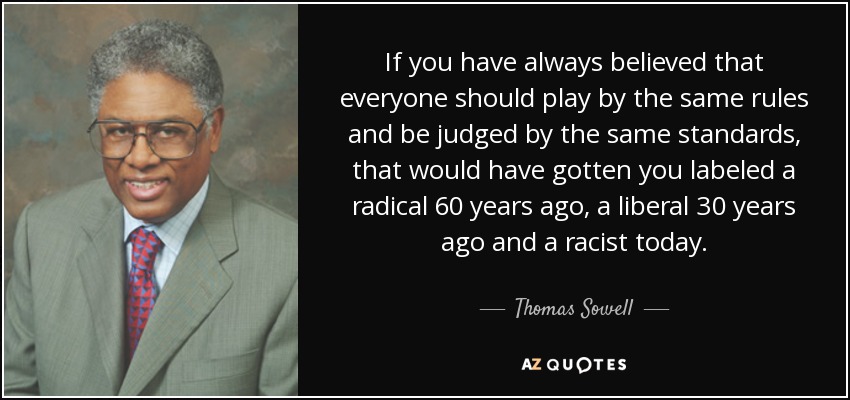Prior to the 20th century, classical liberalism was the dominant political philosophy in the United States. It was the political philosophy of Thomas Jefferson and the signers of the Declaration of Independence and it permeates the Declaration of Independence, the Constitution, the Federalist Papers and many other documents produced by the people who created the American system of government. Many of the emancipationists who opposed slavery were essentially classical liberals, as were the suffragettes, who fought for equal rights for women.
Basically, classical liberalism is the belief in liberty. Even today, one of the clearest statements of this philosophy is found in Jefferson’s Declaration of Independence. At that time, as is the case today, most people believed that rights came from government.
People thought they only had such rights as government elected to give them. But following the British philosopher John Locke, Jefferson argued that it’s the other way around. People have rights apart from government, as part of their nature. Further, people can form governments and dissolve them. The only legitimate purpose of government is to protect these rights.
It has become fashionable, especially on university campuses, to view the founding fathers as hypocrites because many were slave owners and they appeared to believe that women, slaves, Indians and other groups were not entitled to the same rights as white, male property owners.
Yet this attitude misses the forest for the trees. In 1776, the world was full of hypocrites. It was not full of people who believed in individual rights. In fact, outside of a handful of people, who mainly lived in America, no one in the world believed in classical liberalism. For example, many people at the time may have thought that slavery was distasteful. But almost no one in the world thought that you have a right not to be a slave.
Although many of our democratic institutions find their roots in ancient Greece and ancient Rome, in those societies slavery was a normal and natural part of everyday life. In ancient Greece, for example, slaves outnumbered non-slaves, with the average household owning as many as three or four. More than one-third of all the people living in ancient Rome were slaves.
The United States is the first government in the history of the world whose founding documents endorsed the idea of individual rights that are prior to the government’s founding and that legitimize the government’s founding.
Once it was granted that some people have natural rights, it was inevitable that the idea would spread to everyone else. Good ideas have to start somewhere. People who live in the United States today and who are not white, not male and not property owners nonetheless have the same rights as everyone else precisely because almost 250 years ago, a group of men went to war to defend the idea that they had rights.

